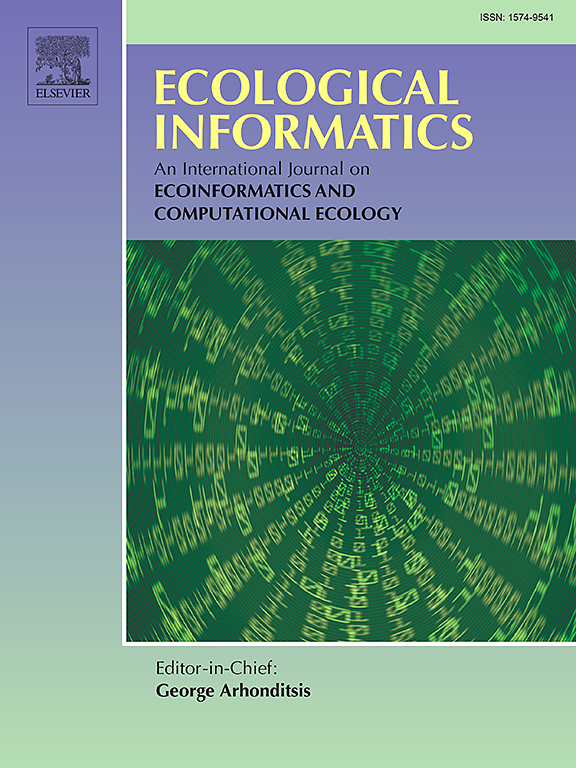初夏变暖放大对印度可持续发展目标的威胁
IF 5.8
2区 环境科学与生态学
Q1 ECOLOGY
引用次数: 0
摘要
本研究调查了印度初夏陆地表面温度(LST)的异常飙升及其对粮食安全、能源资源和公共卫生等各个领域的潜在影响。研究还评估了在整个初夏实现可持续发展目标(SDGs)的影响。通过分析 2001 年至 2022 年的数据,研究结果表明,初夏低温层明显增加,白天气温比平均低温层高出 3.5-4.14 ℃,夜间气温高出 0.83-2.41 ℃。西北部、东北中部、中西部和丘陵地区白天普遍出现异常的标准异常正偏差。趋势分析表明,六个同质季风区的标准异常响应各不相同,大部分地区总体呈正趋势。令人惊讶的是,通常影响夏季升温的海洋表面温度(SST)在 2022 年并非主要驱动因素。相反,印度大部分地区长期降雨不足被认为是主要原因。StA 与作物产量之间的回归分析表明,除了对冬季作物产量有不利影响外,大多数生产地区的相关性在统计上并不显著。在受高温影响的各邦,能源短缺高达 15%。研究还考虑了夏季变暖可能带来的健康问题。这些累积效应对印度的经济增长构成了重大挑战。该研究评估了 COP27 峰会上讨论的应对初夏变暖的减缓战略。研究结果为制定减轻这些问题的准备和恢复计划提供了宝贵的见解。本文章由计算机程序翻译,如有差异,请以英文原文为准。

Early summer warming amplification threats towards sustainable development goals (SDGs) in India
This study investigates the anomalous surge in early summer Land Surface Temperature (LST) in India and its potential repercussions on various sectors, such as food security, energy resources, and public health. The research also assesses the implications of the accomplishment of the Sustainable Development Goals (SDGs) throughout the early summer. Analyzing data from 2001 to 2022, the findings reveal that early summer LST was notably increased, with daytime temperatures exceeding mean LST by 3.5–4.14 °C and nighttime temperatures by 0.83 to 2.41 °C. Anomalous positive Standard Anomaly (StA) deviations were prevalent in north-west, central northeast, west-central, and hilly regions during the day. Trend analysis indicated varying StA responses across six homogeneous monsoon regions, with an overall positive trend observed in most areas. Surprisingly, Sea Surface Temperature (SST), which typically influences summer heating, was not the primary driver in 2022. Instead, a prolonged rain deficit in significant parts of India was identified as the cause. Regression analysis between StA and crop yields showed statistically insignificant associations for most production regions, except for a detrimental impact on winter crop yields. Energy deficits of up to 15 % were recorded in heat-affected states. The study also considered potential health issues arising from summer warming. These cumulative effects pose significant challenges to India's economic growth. The study assesses mitigation strategies discussed at the COP27 summit to address early summer warming. The findings provide valuable insights for developing preparedness and resilience plans to mitigate these issues.
求助全文
通过发布文献求助,成功后即可免费获取论文全文。
去求助
来源期刊

Ecological Informatics
环境科学-生态学
CiteScore
8.30
自引率
11.80%
发文量
346
审稿时长
46 days
期刊介绍:
The journal Ecological Informatics is devoted to the publication of high quality, peer-reviewed articles on all aspects of computational ecology, data science and biogeography. The scope of the journal takes into account the data-intensive nature of ecology, the growing capacity of information technology to access, harness and leverage complex data as well as the critical need for informing sustainable management in view of global environmental and climate change.
The nature of the journal is interdisciplinary at the crossover between ecology and informatics. It focuses on novel concepts and techniques for image- and genome-based monitoring and interpretation, sensor- and multimedia-based data acquisition, internet-based data archiving and sharing, data assimilation, modelling and prediction of ecological data.
 求助内容:
求助内容: 应助结果提醒方式:
应助结果提醒方式:


